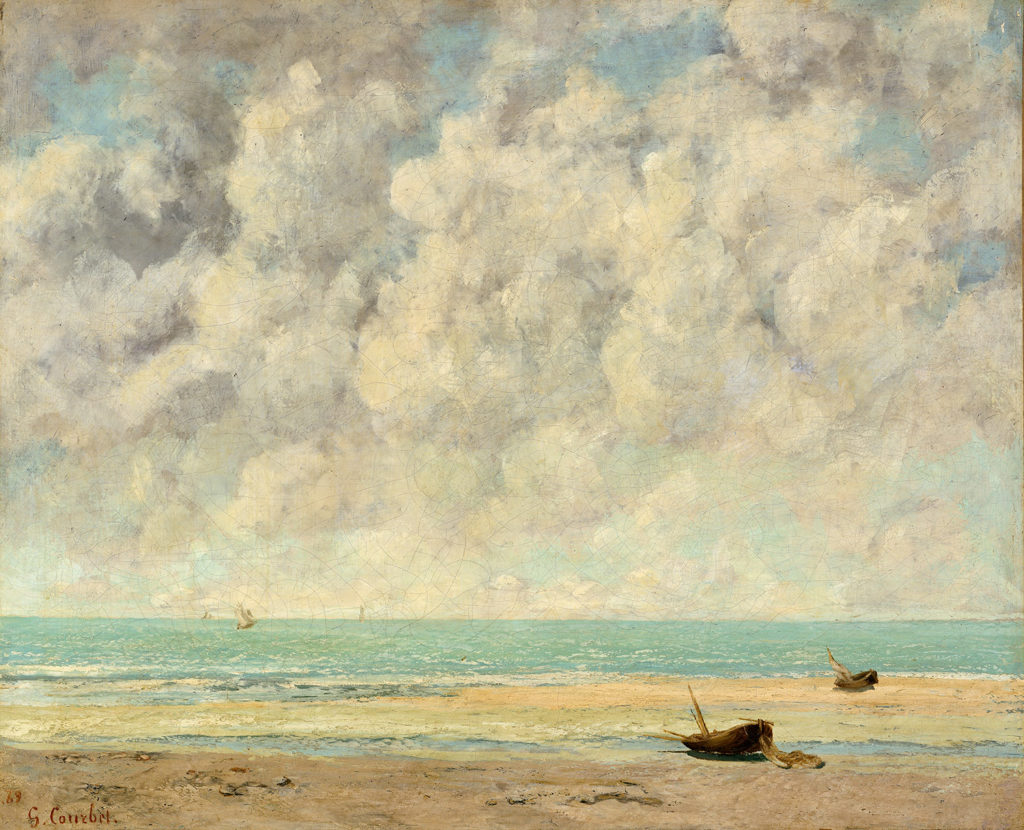
A classic for a reason and a bargain at 127 pages. The style fits the story. Hemingway’s prose never breaks character.
The old man was thin and gaunt with deep wrinkles in the back of his neck. The brown blotches of the benevolent skin cancer the sun brings from its reflection on the tropic sea were on his cheeks. The blotches ran well down the sides of his face and his hands the deep-creased scars from handling heavy fish on the cords. But none of these scars were fresh. They were as old as erosions in a fishless desert.
Vivid, poetic, simple.
He had no mysticism about turtles although he had gone in turtle boats for many years. He was sorry for them all, even the great trunk backs that were as long as the skiff and weighed a ton. Most people are heartless about turtles because a turtle’s heart will beat for hours after he has been cut up and butchered.
Hemingway has a talent for creating simple surprises.
They sailed well and the old man soaked his hands in the salt water and tried to keep his head clear. There were high cumulus clouds and enough cirrus above them so that the old man knew the breeze would last all night. The old man looked at the fish constantly to make sure it was true. It was an hour before the first shark hit him.
Run-on sentences abound but they always seem to work — perhaps because they’re usually comprised of short thoughts that benefit from the cadence.
The shark’s head was out of water and his back was coming out and the old man could hear the noise of the skin and flesh ripping on the big fish when he rammed the harpoon down onto the shark’s head at the spot where the line between his eyes intersected with the line that ran straight back from his nose. There was only the heavy sharp blue head and the big eyes and the clicking, thrusting all-swallowing jaws. But that was the location of the brain and the old man hit it. He hit it with his blood mushed hands driving a good harpoon with all his strength. He hit it without hope but with resolution and complete malignancy.
‘But man is not made for defeat,’ he said. ‘A man can be destroyed but not defeated.’
‘Tiburon,’ the waiter said. ‘Eshark.’ He was meaning to explain what had happened.
‘I didn’t know sharks had such handsome, beautifully formed tails.’
I include this quote from the final page of the book not for its beauty or cleverness but because I enjoyed the fortuitous connection it has with a major theme from the last fiction work I read, The Unbearable Lightness of Being. That is, the theme of kitsch. “Before we are forgotten, we will be turned into kitsch. Kitsch is the stopover between being and oblivion.” Fish not excluded.
